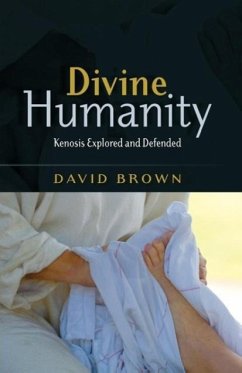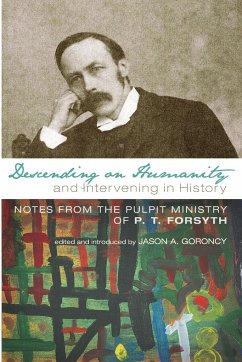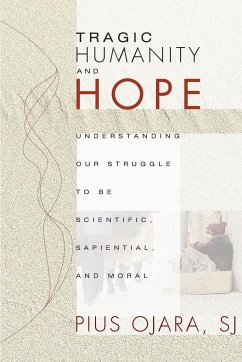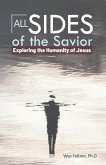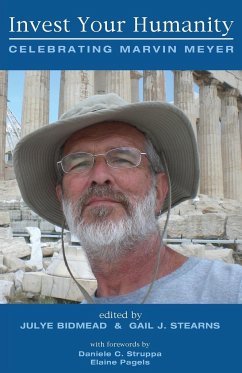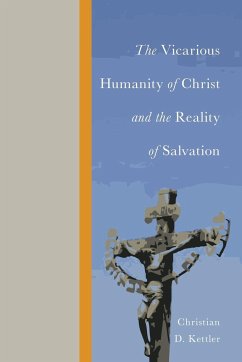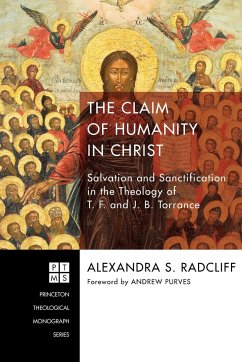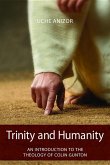For almost a century British understanding of the life of Christ was dominated by one particular way of interpreting the incarnation: as a kenosis or 'self-emptying' that involved real change in God. In this controversial and ground-breaking work David Brown argues that the sharp decline in the popularity of such ideas in more recent years is undeserved. There is in fact a rich strain of creative thinking in its original advocates that needs to be re-assessed, not least in the light of the wider intellectual challenges of time to which they were responding. But, going further than this, Brown also attempts a defence of his own. Even if readers disagree with the author's conclusions, they are likely to be impressed by the range of issues considered in pursuit of a fully human incarnate Christ. David Brown is Professor of Theology, Aesthetics and Culture and Wardlaw Professor at St Mary's College School of Divinity in the University of St Andrew's. 'Trying to think of a book to recommend to students on the subject of kenoticism, I read David Brown's Divine Humanity-and my problem was solved. Not only does it provide a clear and often intriguing narrative of the development of modern kenotic Christologies, it also gives a compelling account of why kenoticism makes an important contribution to our own time's attempts to think about the meaning of the Incarnation. The sweep and depth of learning is, as ever, impressive and it is good to see the distinctiveness of Scottish and English contributions to this modern tradition emphasized-without, of course, neglecting the key continental thinkers or the constant but elusive role of Hegel. Characteristically, Brown ends with quotations from John Donne and Christopher Smart and one is left with a sense of the imaginative force of the kenotic Christ as much as with the cogency of the often complex arguments with which the theologians have attempted to argue his case.' George Pattison, Lady Margaret Professor of Divinity, Oxford 'David Brown's return to mainstream Christian theology and metaphysics is greatly to be welcomed. We are given here a fascinating survey of the British tradition of kenotic Christology, finely contextualised, and then related to the prevalence of Kenoticism in virtually all contemporary theologies of creation and incarnation, Protestant, Catholic and Orthodox. The idea of divine self-emptying is not to be contrasted with 'two natures' Christology. It is crucial to any attempt to spell out the doctrine of God's own identification with the human world in the person of Jesus Christ.' Brian Hebblethwaite, Queens' College, Cambridge
Hinweis: Dieser Artikel kann nur an eine deutsche Lieferadresse ausgeliefert werden.
Hinweis: Dieser Artikel kann nur an eine deutsche Lieferadresse ausgeliefert werden.

